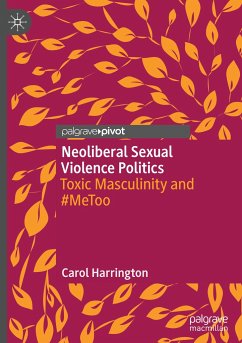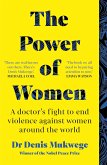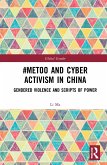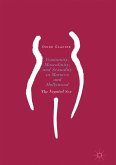This book locates #MeToo's traction among elites with "womenomics" theories that attribute feminized poverty, welfare dependency, and sexual violence to traditional femininity and toxic masculinity. Such neoliberal anti-sexual violence policies seek to empower women through paid work and reform men through fatherhood. This volume shows that men's movements and conservative concerns about "fatherless families" developed toxic masculinity discourse before popular feminism incorporated it. It analyses how discourse on #MeToo issues in the workplace reveals a shift away from representations of women as traumatized victims in need of empowerment toward a focus on men as both problem and solution, setting new standards for masculine workplace conduct. However, this discourse reproduces a toxic/good men binary that serves to consolidate a new form of hegemonic masculinity. The book concludes that neoliberal sexual violence politics obscures how globalization fosters inequalities andsexualviolence by blaming these and other social ills on toxically masculine men.
This book will be of interest to scholars whose research focuses on sexual violence, feminist studies, masculinity studies, and neoliberalism.
This book will be of interest to scholars whose research focuses on sexual violence, feminist studies, masculinity studies, and neoliberalism.








